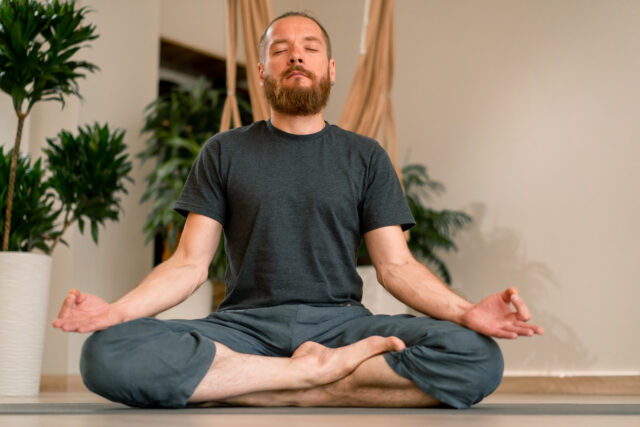Everyone has times when it feels like everyone hates you or that no one appreciates you.

It can be really overwhelming, even when there’s no real evidence to support it. The reality is that these thoughts are usually rooted in anxiety, low self-esteem, or just a bad day. In any case, you can take steps to shake yourself back to reality and start feeling a bit better. Here are just a few things to do to calm yourself when you feel like you’re the world’s least favourite person.
1. Challenge your negative thoughts.

When you catch yourself thinking, “Everyone hates me,” take a step back and question that thought. Ask yourself, “Is there actual evidence to support this?” Most likely, the answer is no. Remind yourself that feelings aren’t facts. Write down the thoughts and replace them with more balanced ones, like, “I’m feeling insecure right now, but that doesn’t mean people dislike me.”
2. Remember that everyone has insecurities.

It’s easy to believe you’re the only one who feels this way, but everyone experiences self-doubt at times. Even the most confident people worry about how they’re perceived. Reminding yourself that insecurities are part of being human can help you feel less alone in your experience.
3. Talk to someone you trust.

Reach out to a friend, family member, or someone you feel comfortable with and share how you’re feeling. Sometimes, talking about your worries out loud can help you see them more clearly. A trusted person can offer reassurance and remind you of your strengths and the positive ways you impact other people.
4. Practise self-compassion.

Be kind to yourself, just as you would be to a friend. When you’re feeling like everyone dislikes you, remind yourself that you deserve kindness and understanding. Instead of criticising yourself, say things like, “I’m doing my best,” or “It’s okay to feel this way; I’m still worthy of love and respect.”
5. Take a break from social media.

Social media can make feelings of rejection or insecurity worse. Seeing other people’s seemingly perfect lives can trigger thoughts of inadequacy or exclusion. Take a break from scrolling and give yourself space to reconnect with the real world. You’ll likely feel a sense of relief and clarity.
6. Focus on what you enjoy.

Engage in activities that bring you joy or a sense of accomplishment, like reading, exercising, painting, or listening to music. Doing things you love can help shift your focus away from negative thoughts and remind you of what makes you unique and valuable.
7. Reflect on your positive qualities.

Make a list of things you like about yourself or moments when you felt proud. This could be qualities like kindness, creativity, or humour, or actions like helping a friend or completing a task. When you remind yourself of your strengths, it’s easier to counter feelings of being disliked.
8. Consider alternative explanations.

If someone seems distant or dismissive, it doesn’t necessarily mean they dislike you. They could be stressed, tired, or dealing with their own issues. Remind yourself that their behaviour may have nothing to do with you. Thinking of alternative explanations helps stop you from taking things personally.
9. Practise mindfulness or meditation.

Mindfulness techniques can help you stay grounded in the present moment. When feelings of rejection creep in, take a few minutes to breathe deeply and focus on your surroundings. Apps like Headspace or Calm offer guided meditations that can help ease anxious thoughts and bring clarity.
10. Limit time with people who drain you.

If certain people consistently make you feel bad about yourself, it’s okay to create some distance. Surround yourself with those who support, uplift, and respect you. Healthy relationships reinforce your sense of worth, while toxic ones can fuel feelings of rejection.
11. Do something kind for someone else.

Acts of kindness, like helping a friend, complimenting a stranger, or volunteering, can shift your focus outward and boost your mood. When you do something positive for someone else, it reminds you that you have value and can make a difference in other people’s lives.
12. Get some physical movement.

Exercise can do wonders for your mental state. Whether it’s a short walk, a dance session, or a workout, physical activity helps release endorphins, which can improve your mood. Moving your body also distracts you from negative thoughts and gives you a sense of achievement.
13. Remind yourself of past connections.
 Source: Unsplash
Source: Unsplash Think of times when you felt close to friends, family, or colleagues. Remember specific moments of laughter, support, or shared experiences. These memories can serve as reminders that you are liked and valued, even if you’re feeling uncertain right now.
14. Consider going to therapy.
 Source: Unsplash
Source: Unsplash If feelings of rejection or loneliness are overwhelming and persistent, consider talking to a mental health professional. Therapists can help you work through these thoughts and offer strategies to build confidence and self-worth. Asking for help is a sign of strength, not weakness.




